Based on over a decade of sustained longitudinal research with a broad range of different user groups, Equine-Assisted Psychotherapy and Coaching: An Evidence-Based Framework is an essential guide which offers both theoretical foundations and practical models for working with horses in psychotherapy and coaching. While not a panacea for distress and difficulties, the connections that humans find with horses can become a catalyst for deeper self-knowledge. By de-centring the human subject and placing the horse in the middle of the investigation, the ways in which humans make sense of themselves can be explored and more easily understood. This ebook features intervention studies with expelled teenagers, adults in addiction recovery programmes, children diagnosed on the autistic spectrum, people suffering from trauma and mental health problems, prisoners and even multi-national corporations wanting culture change. The practice of using horses in a psychological intervention is thoroughly scrutinised throughout, with ways of establishing successful change documented and assessed. Liefooghe’s analysis of these studies builds up to provide a comprehensive, evidence-based framework for equine-assisted psychotherapy and coaching. This essential guide offers psychotherapists, coaches and all those who work in a helping capacity a clear insight into what horses can and cannot do in a therapeutic role. 150 p.

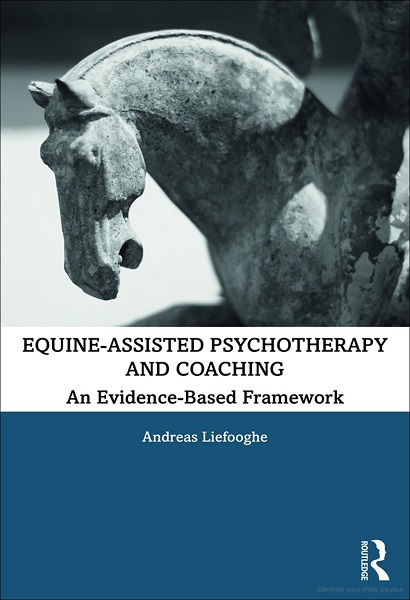

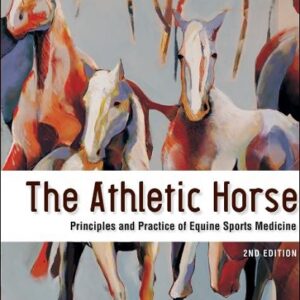
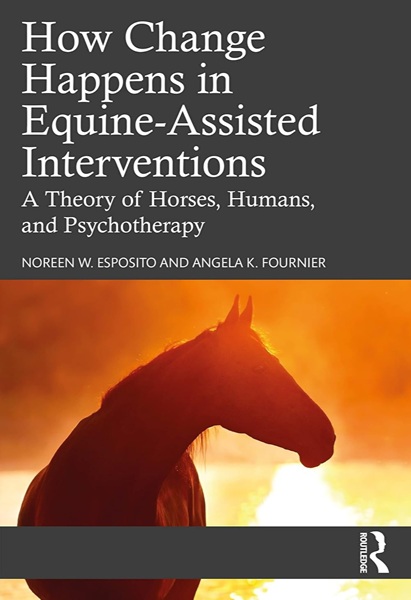
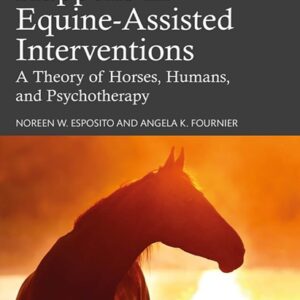
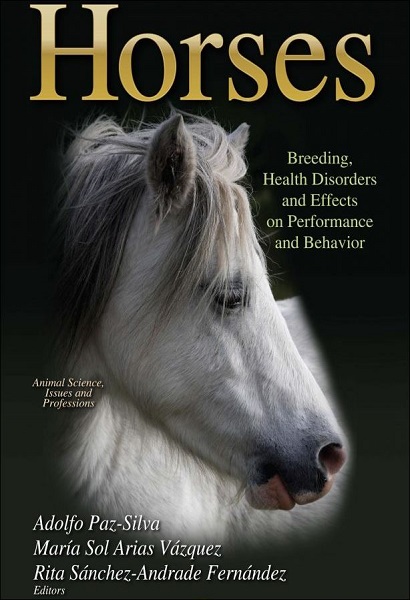

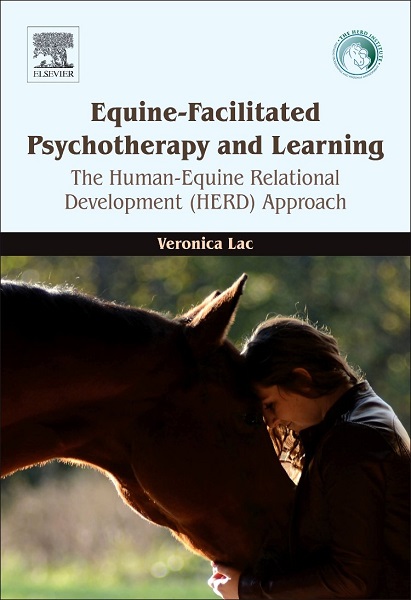
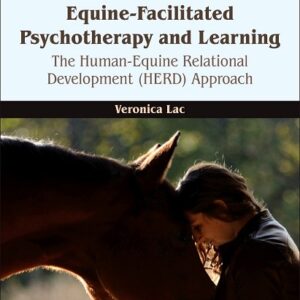
You must be logged in to submit a review.